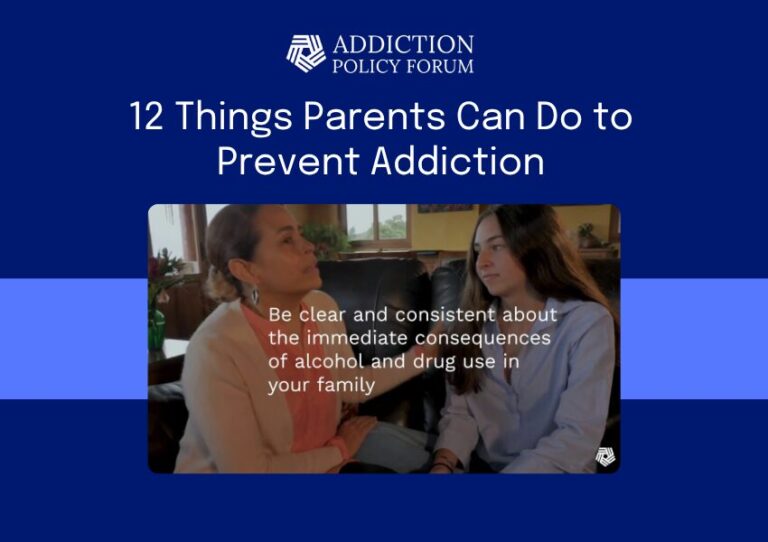National Association for Children of Addiction – Tips for Parents
 Although it would be great if the addicted parent stopped using, they don’t have to in order for other adults to help their children. Sobriety might not occur until after their children are grown. Although much of what parents can do to help their children depends upon the family conditions, there are a few things that all parents can do. These suggestions are offered for mothers and fathers, even though only one of them may be struggle with substance misuse:
Although it would be great if the addicted parent stopped using, they don’t have to in order for other adults to help their children. Sobriety might not occur until after their children are grown. Although much of what parents can do to help their children depends upon the family conditions, there are a few things that all parents can do. These suggestions are offered for mothers and fathers, even though only one of them may be struggle with substance misuse:
- Avoid pressuring your children to take sides in fights or conflicts you have with your spouse. This causes more problems for them. Their childhood shouldn’t be taken up with your conflicts. Give them back their childhood.
- Avoid using the opinions of your children. Do not get them in the middle of your arguments by using their opinions in order “to get back at” the parenting struggling with alcohol. Using your children against your spouse might cause your child not to share feelings with you in the future. It also places your child in a bad position; they love both of you. Use your own opinion.
- When the home situation is excessively disruptive or verbally abusive and your children go off to be alone, seek them out and comfort them. During family drinking episodes many children hide. They hide because they are upset, afraid, and lonely. Find them, talk to them, comfort them. Try to avoid letting your children go to sleep under these upsetting conditions. If this occurs, talk with them at the first opportunity.
- Avoid placing an older child in the position of being a confidante or substitute parent to replace your spouse as parent. What kind of a childhood can children have if you talk to them like they were your replacement spouse? How much of a childhood can children have if they have to “parent” the other kids in the family lots of the time? No matter how ‘mature’ older children might be, the reality is that they really aren’t parents and they really aren’t replacements for a drinking parent. Give them back their childhood.
- Encourage and support your children to become involved in school and community activities. Your children need outlets and chances to develop needed relationships with safe people in activities outside of your home. Outside activities can help them accomplish many things on their own and support their independence and sense of value and worth.
- Try to arrange times for your children to have their friends visit regularly. This is their home; help them feel “at home.” Some parents drink in patterns and provide some opportunity for normal family conditions. However, if your child has friends over and the addicted spouse is drinking, do not further embarrass your child or his or her friends by confronting the drinking parent when they are present.
- Educate yourself about alcoholism and community resources. Much family frustration in families with alcoholism arises from fear. You can prepare yourself for survival with knowledge and information.
- Become involved in community resources or self-help groups for family members impacted by familial alcoholism. Organizations such as Al-Anon will greatly benefit the family. These groups let you talk to other people in similar situations. This is an important way for you to take care of yourself. Families navigating alcoholism need not be alone unless they choose to be.
- Consider the process known as “intervention.” There are trained professionals who specialize in convincing parents to get help for their drinking. The sooner the person struggling with substance use disorder gets help, the better the chances are for successful sobriety. You can get a referral to one of these professionals through treatment facilities listed in the phone book.
- If your drinking spouse seeks help, try to become involved as a family in the treatment process. Alcoholism affects the entire family. When the parent with alcoholism enters treatment, he or she should enter with the family. This gives everybody a support structure for sobriety. Family members have adapted to alcoholism and often ignore their own needs while dealing with all the problems. If the family members enter treatment with the struggling parent, everyone gets support while learning to live with sobriety.
- Total recovery from alcoholism requires a total family effort. [Note: Not all treatment programs offer the developmentally appropriate education and support services that children need. Ask a counselor at the treatment program or a school social worker for a referral to such services if they are not provided.]
Remember: If your children are to grow up and have healthy and satisfying lives, they will need help from people in their community, but most of all, they need you.
**Modified with permission from Robert J. Ackerman, Ph.D.



